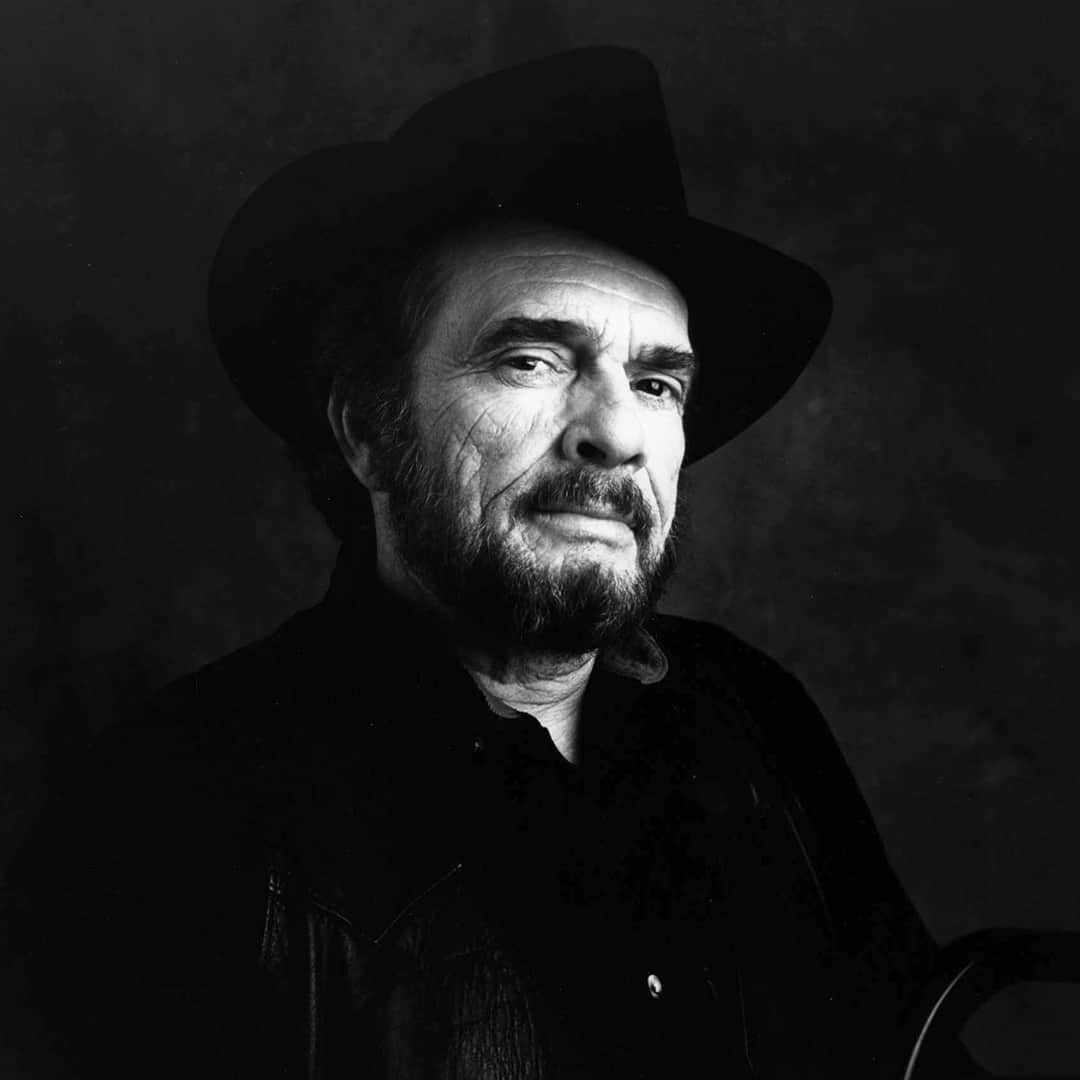Merle Haggard’s “I Think I’ll Just Stay Here And Drink” stands as a timeless anthem of resilience and the simple pleasure of finding solace in a glass of whiskey. Released in 1980 as part of his album “Back to the Barrooms,” this classic country song paints a picture of a man seeking refuge from life’s troubles in the familiar comforts of a local bar.
From the twang of the guitar to Haggard’s rich, expressive vocals, the song embodies the essence of traditional country music, capturing the raw emotions of heartache and longing. The melody, infused with a sense of melancholy and defiance, serves as a melodic backdrop to the protagonist’s journey of self-reflection and redemption.
At its core, “I Think I’ll Just Stay Here And Drink” is a celebration of the resilience of the human spirit in the face of adversity. Haggard’s evocative lyrics paint a vivid picture of a man who has weathered life’s storms and found solace in the familiar routine of the barroom, where the troubles of the outside world seem to fade away with each sip of whiskey.

Through Haggard’s heartfelt delivery, we are invited into the protagonist’s world, where the jukebox plays the soundtrack to his sorrows and the bartender offers a sympathetic ear. Lines like “I think I’ll just stay here and drink, hey, puttin’ you down won’t square the deal” resonate with a sense of resignation and defiance, underscoring the protagonist’s determination to find peace on his own terms.
What sets “I Think I’ll Just Stay Here And Drink” apart is its ability to capture the universal experience of seeking refuge from life’s troubles in the familiar comforts of a local bar. Haggard’s poignant lyrics speak to the timeless allure of the barroom as a sanctuary for the weary soul, where troubles can be set aside for a moment of respite.
Decades after its release, “I Think I’ll Just Stay Here And Drink” continues to resonate with audiences, offering a poignant reminder of the healing power of music and the simple pleasure of finding solace in the familiar comforts of a local watering hole. In Merle Haggard’s classic country ballad, we find solace, inspiration, and a timeless reminder of the resilience of the human spirit









